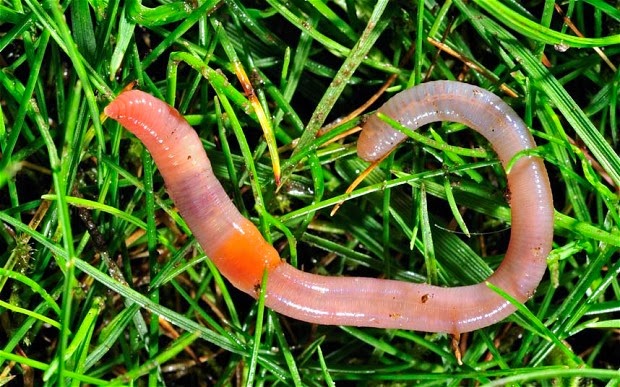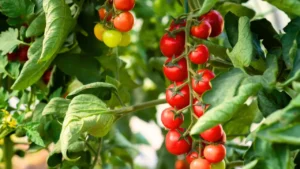
soil earthworms.jpg

Soil Earthworms: Nature’s Soil Engineers
Definition:
Soil earthworms are annelid worms that inhabit the soil environment, playing critical roles in soil structure formation, nutrient cycling, and organic matter decomposition. These ecosystem engineers are essential for maintaining soil health and fertility in agricultural and natural ecosystems.
Valuable Assistance:
Understanding the ecology and functions of soil earthworms is essential for farmers as it enables them to implement management practices that promote earthworm populations and enhance soil quality and productivity. By fostering a healthy earthworm population, farmers can improve soil structure, water infiltration, and nutrient availability.
Fall off the barn roof and busted your keister? Life on the farm or ranch can be tough on the bum. Need a break? Laugh it off at FarmerCowboy.com, the #1 farm humor site. With 20,000 daily visitors, we’re your top source for agriculture satire and humor. Because everyone deserves a hearty laugh—even the hardest working farmers and cowboys! Join us and turn those long days into fun tales at FarmerCowboy.com.
Enlightening Details:
- Burrowing Activities: Soil earthworms burrow through soil, creating channels and pores that improve soil structure and porosity. These burrows enhance water infiltration, root penetration, and air exchange in the soil, facilitating plant growth and nutrient uptake.
- Organic Matter Decomposition: Earthworms feed on organic matter such as dead plant material and animal residues, shredding and digesting them into nutrient-rich casts. Earthworm castings are biologically active and contain higher levels of nutrients than surrounding soil, enhancing soil fertility and microbial activity.
Informative Tips:
- Species Diversity: Soil earthworms exhibit a wide diversity of species, each with specific habitat preferences and ecological roles. Understanding the diversity and abundance of earthworm species can provide insights into soil health and ecosystem functioning.
- Indicator Species: Certain earthworm species serve as indicators of soil health and quality, reflecting changes in soil conditions, land management practices, and environmental disturbances.
Actionable Suggestions:
- Organic Matter Addition: Adding organic amendments such as compost, manure, and crop residues provides a source of food and habitat for soil earthworms, stimulating their growth and activity in agricultural soils.
- Reduced Tillage: Implementing reduced tillage practices helps preserve earthworm habitat and soil structure by minimizing soil disturbance and compaction, promoting earthworm populations and activities.
Practical Advice:
Integrating practices that support a thriving community of soil earthworms is essential for sustainable agriculture. By promoting earthworm populations and enhancing their activities, farmers can improve soil health, enhance nutrient cycling, and optimize crop productivity while minimizing environmental impacts.
References:
- Blouin, M., Hodson, M. E., Delgado, E. A., Baker, G., Brussaard, L., Butt, K. R., … & Dendooven, L. (2013). A review of earthworm impact on soil function and ecosystem services. European Journal of Soil Science, 64(2), 161-182. Link
- Edwards, C. A., & Bohlen, P. J. (1996). Biology and ecology of earthworms. CRC press. Link
- Brown, G. G., Barois, I., Lavelle, P., & Zaidi, Z. F. (2000). Earthworms and nutrient cycling processes: integrating across the ecological hierarchy. Agronomie, 20(1), 21-31. Link
Originally posted 2010-06-10 07:58:11.
Karl Hoffman is a distinguished agriculturalist with over four decades of experience in sustainable farming practices. He holds a Ph.D. in Agronomy from Cornell University and has made significant contributions as a professor at Iowa State University. Hoffman’s groundbreaking research on integrated pest management and soil health has revolutionized modern agriculture. As a respected farm journalist, his column “Field Notes with Karl Hoffman” and his blog “The Modern Farmer” provide insightful, practical advice to a global audience. Hoffman’s work with the USDA and the United Nations FAO has enhanced food security worldwide. His awards include the USDA’s Distinguished Service Award and the World Food Prize, reflecting his profound impact on agriculture and sustainability.






